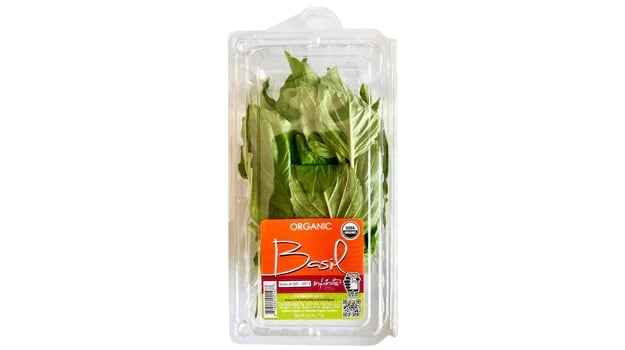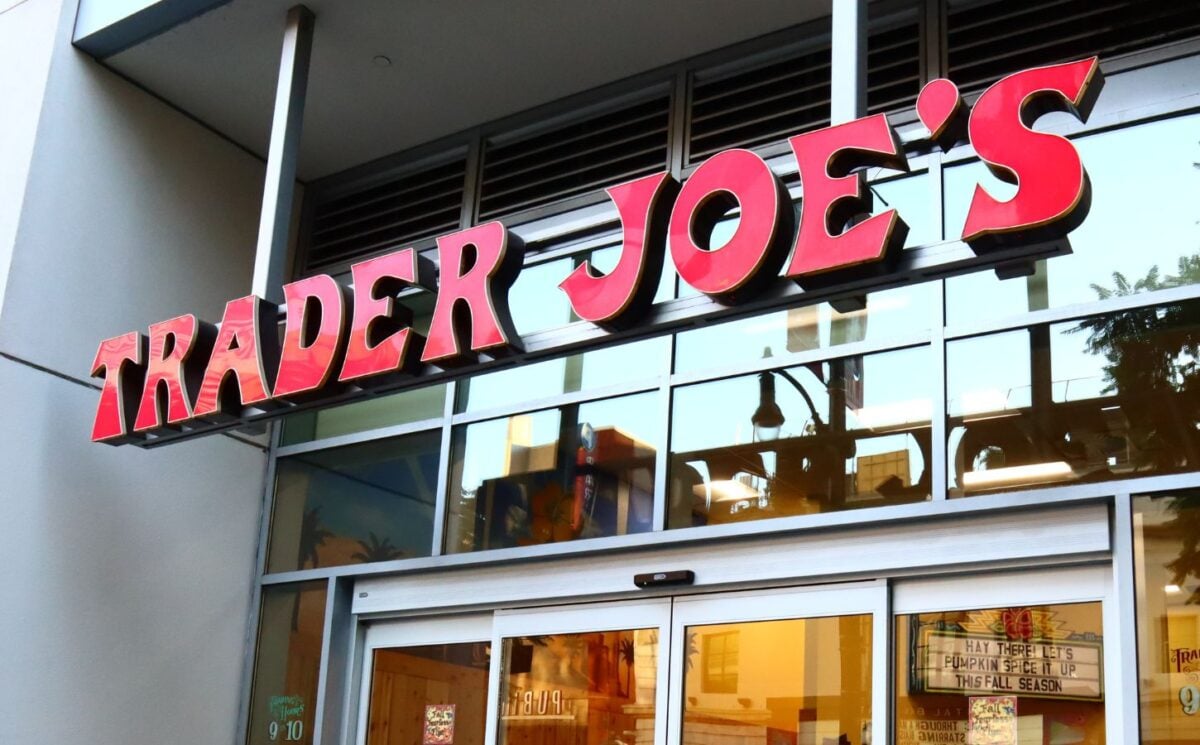Trader Joe’s recently issued a recall of a fresh basil product due to the risk of salmonella.
Read more: UK Supermarket Issues Recall Of Cheese Products Due To Disease Fears
The American grocery chain announced the recall on April 17 following a federal investigation linking a widespread outbreak of salmonella to fresh basil products. Trader Joe’s recall includes all products sold over two months in 29 states and Washington DC.
Trader Joe’s requests that any customers who purchased 2.5-ounce packages of Infinite Herbs Organic Basil between February 1, 2024, and April 6, 2024, and in AL, CT, DE, FL, GA, IL, IN, IA, KS, KY, ME, MD, MA, MI, MN, MO, NE, NH, NJ, NY, NC, OH, PA, RI, SC, TN, VT, VA, Washington DC, as well as WI stores, return the product for a full refund.
Infinite Herbs basil products are included in the FDA’s investigation along with Melissa’s. The former is stocked at Fruit Center Marketplace as well as Trader Joe’s, while the latter is stocked at Dierberg’s stores only.

Per the FDA’s guidelines, illness typically occurs between 12 to 72 hours after consuming salmonella-contaminated food and lasts four to seven days. Children under five, the elderly, and those with weakened immune systems are more likely to experience severe infections.
Read more: Why Trader Joe’s Raised Banana Prices For The First Time In 20 Years
Trader Joe’s recalls
The FDA began investigating after an inter-state outbreak of salmonella began earlier in the year, including a total of 12 cases and one reported hospitalization.
A global food system combined with the increased ubiquitousness of supermarket chains presents a unique challenge in preventing outbreaks of foodborne illnesses. It is worth noting that animal-based foods are more likely to carry germs and cause illness than plants, though raw produce – like fresh basil – can also become contaminated.
So far this year, Trader Joe’s has announced recalls of its Chicken, Lentil, and Caramelized Onion Pilaf due to an unnamed foreign material, Trader Joe’s Steamed Chicken Soup Dumplings due to the potential presence of hard plastic, its 50% Less Salt Roasted & Salted Whole Cashews due to potential salmonella contamination, and several different products containing Cotija Cheese due to potential Listeria monocytogenes contamination.
“With more than five decades of experience working directly with the producers of our products, we stand by our proactive practices and continually improve our food safety processes,” a Trader Joe’s spokesperson told the Washington Post. “We take these matters seriously – personally, even, as our families eat and drink TJ’s products, too.”
Read more: Is Decaf Coffee Really Unsafe? What You Need To Know






